Development and Benchmarking of Imputation Methods for Micriobome and Single-cell Sequencing Data
Ruochen Jiang
PhD, 2021
Li, Jingyi
Next generation sequencing (NGS) has revolutionized biomedical research and has a broad impact and applications. Since its advent around 15 years ago, this high scalable DNA sequencing technology has generated numerous biological data with new features and brought new challenges to data analysis. For example, researchers utilize RNA sequencing (RNA-seq) technology to more accurately quantify the gene expression levels. However, the NGS technology involves many processing steps and technical variations when measuring the expression values in the biological samples. In other words, the NGS data researchers observed could be biased due to the randomness and constraints in the NGS technology. This dissertation will mainly focus on microbiome sequencing data and single-cell RNA-seq (scRNA-seq) data. Both of them are highly sparse matrix-form count data. The zeros could either be biological or non-biological, and the high sparsity in the data have brought challenges to data analysis.
2021

